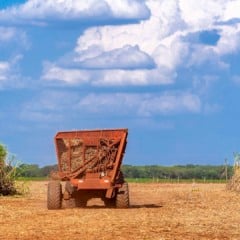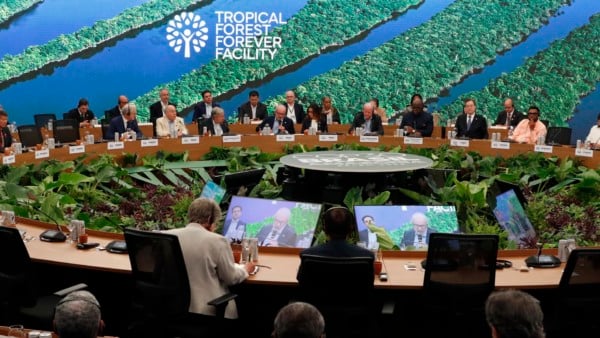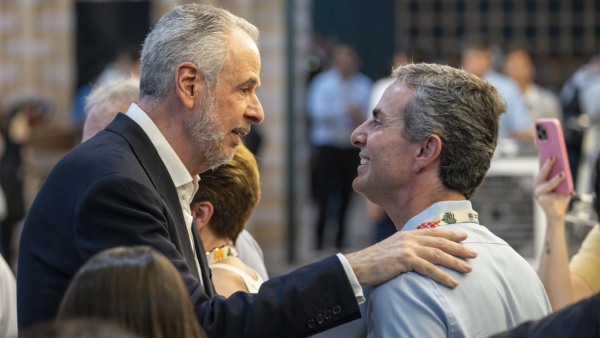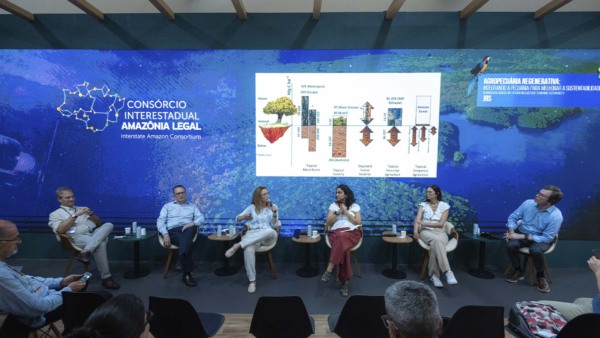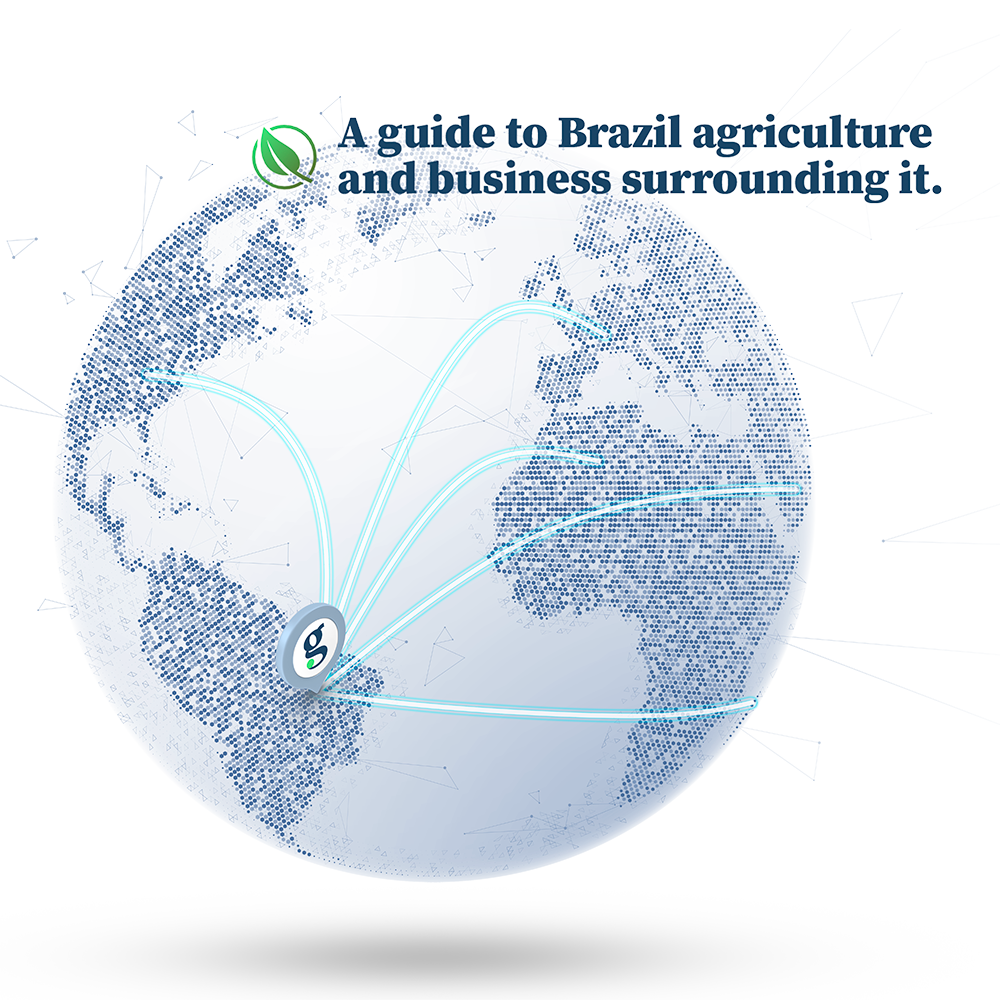Brazil’s agricultural inputs market has started to show signs of recovery, but tight credit is slowing the rebound, according to Rogério Castro, UPL CEO in Brazil.
Sales of crop-protection products are slightly higher than a year ago, but “the scenario would be much more positive without this credit squeeze,” Castro said in an interview. “Many distributors and cooperatives are refusing credit to farmers, who end up seeking financing elsewhere — a condition that has delayed input sales.”
Two weeks ago, Mosaic’s country manager in Brazil, Eduardo Monteiro, warned that the credit crunch was delaying fertilizer sales and deliveries just as the soybean harvest was about to start.
The problem goes beyond distribution, according to Castro. “We see an absurd limitation on rural credit and very difficult access to crop insurance.”
Castro attributed the modest growth in pesticide sales so far to reduced inventories — after years of destocking by manufacturers and distributors — as well as an increase in treated acreage. In the first quarter, treated area grew 1.8% while pesticide use rose 3.4%, according to industry group Sindiveg.
For full-year 2025, market estimates point to a 4% to 5% increase in Brazilian crop-protection sales in dollar terms, with UPL outpacing the industry average, he said.
The stronger performance reflects the company’s strategy of supporting strategic partners during the downturn. “We weren’t hostile in any negotiations. We backed the sector in a very participative way so it could recover, and the results are showing now.”
While some peers sought to reduce distributors’ role in sales amid the local retail crisis, UPL kept its commercial strategy largely intact. The Indian giant was among the first to support Lavoro Ltd., Brazil’s largest farm input retailer, in its out-of-court restructuring plan. Distributors that strike such deals typically grant suppliers priority shelf space.
For the 2025/26 season, with planting already starting in parts of Brazil, UPL is launching 10 new products, including herbicides, insecticides, fungicides and a biological. “It’s a historic year for us. The level of launches and innovation we’re bringing is disproportionate compared with the past,” Castro said.
By the numbers
In the first quarter of fiscal 2026, which ended in June, UPL reported a 2% increase in consolidated net revenue and a 14% gain in Ebitda from a year earlier, with its Ebitda margin reaching 14%. Latin America sales, however, fell 10%.
For the full fiscal year, the company expects a 4% to 8% growth in net revenue and 10% to 14% in Ebitda. Castro said Brazil is already contributing positively to those results.

